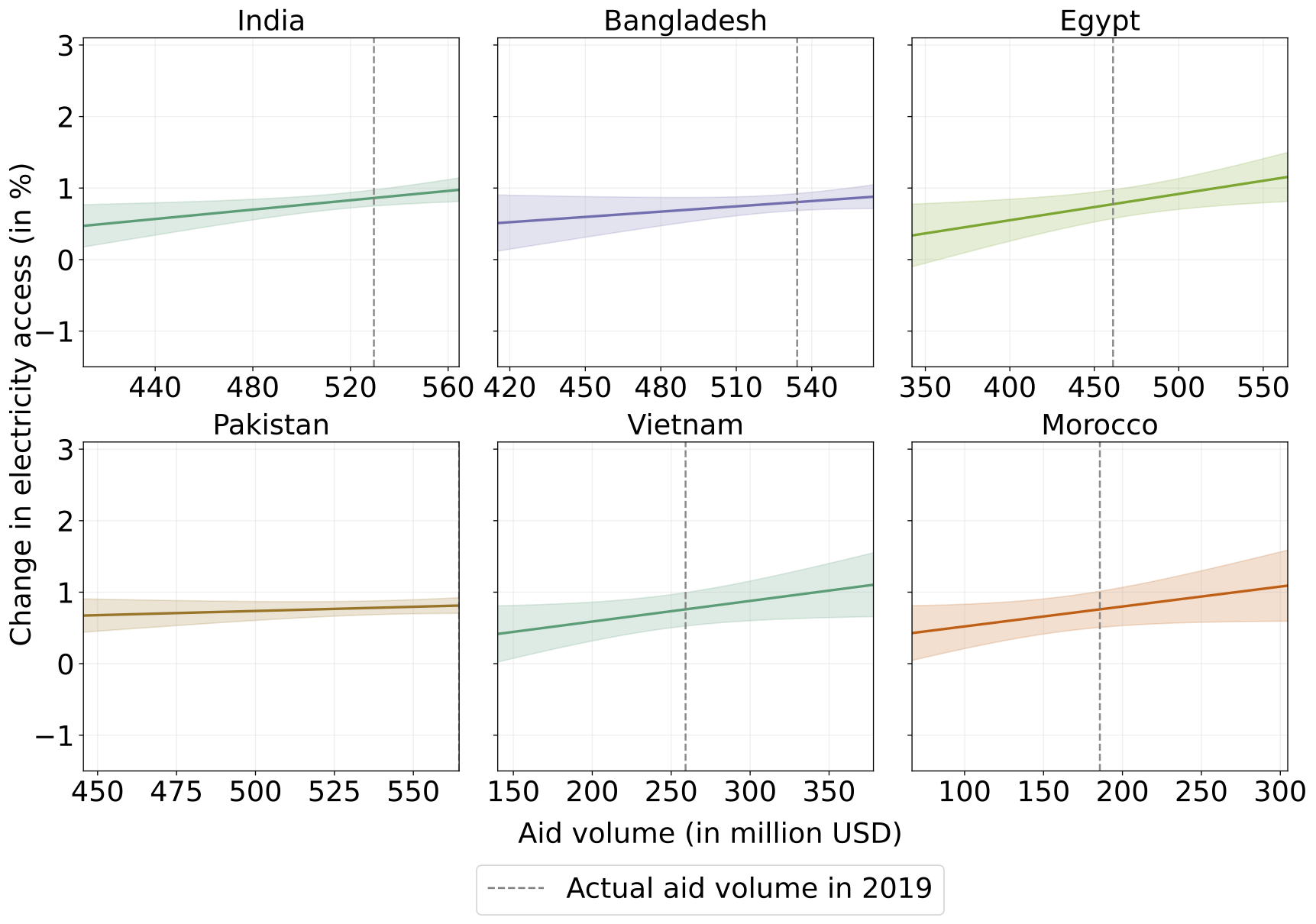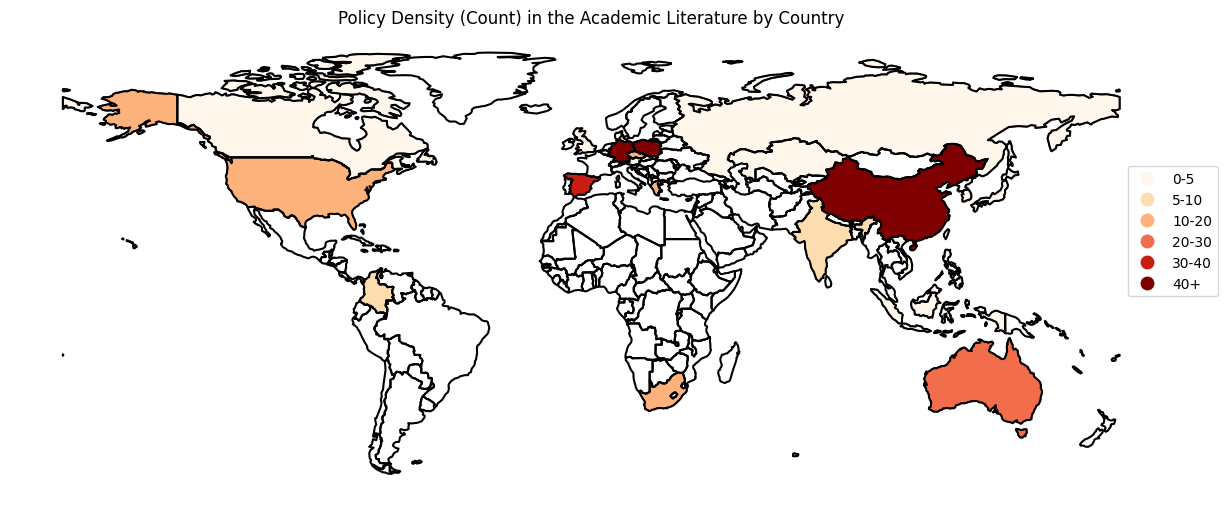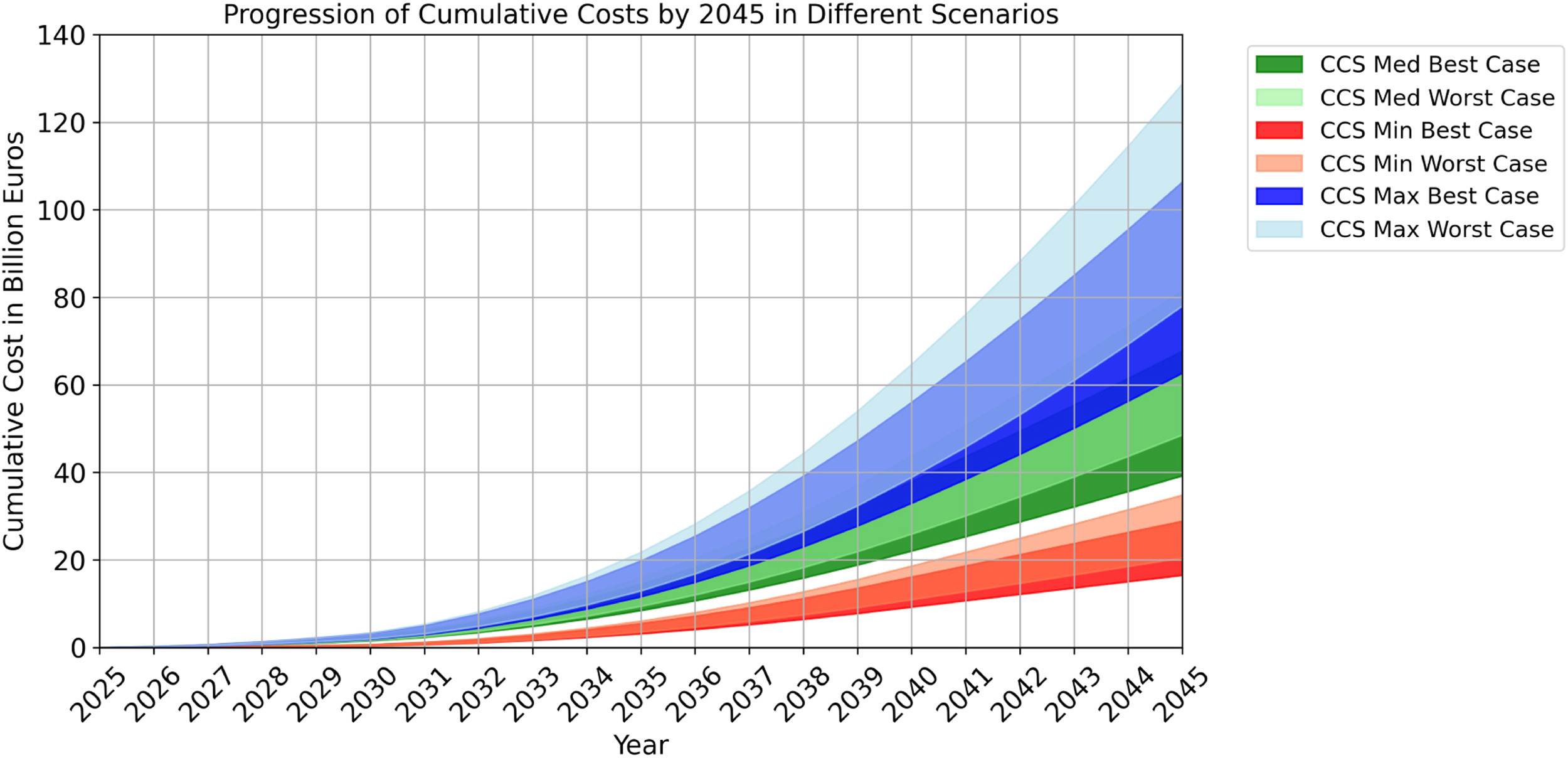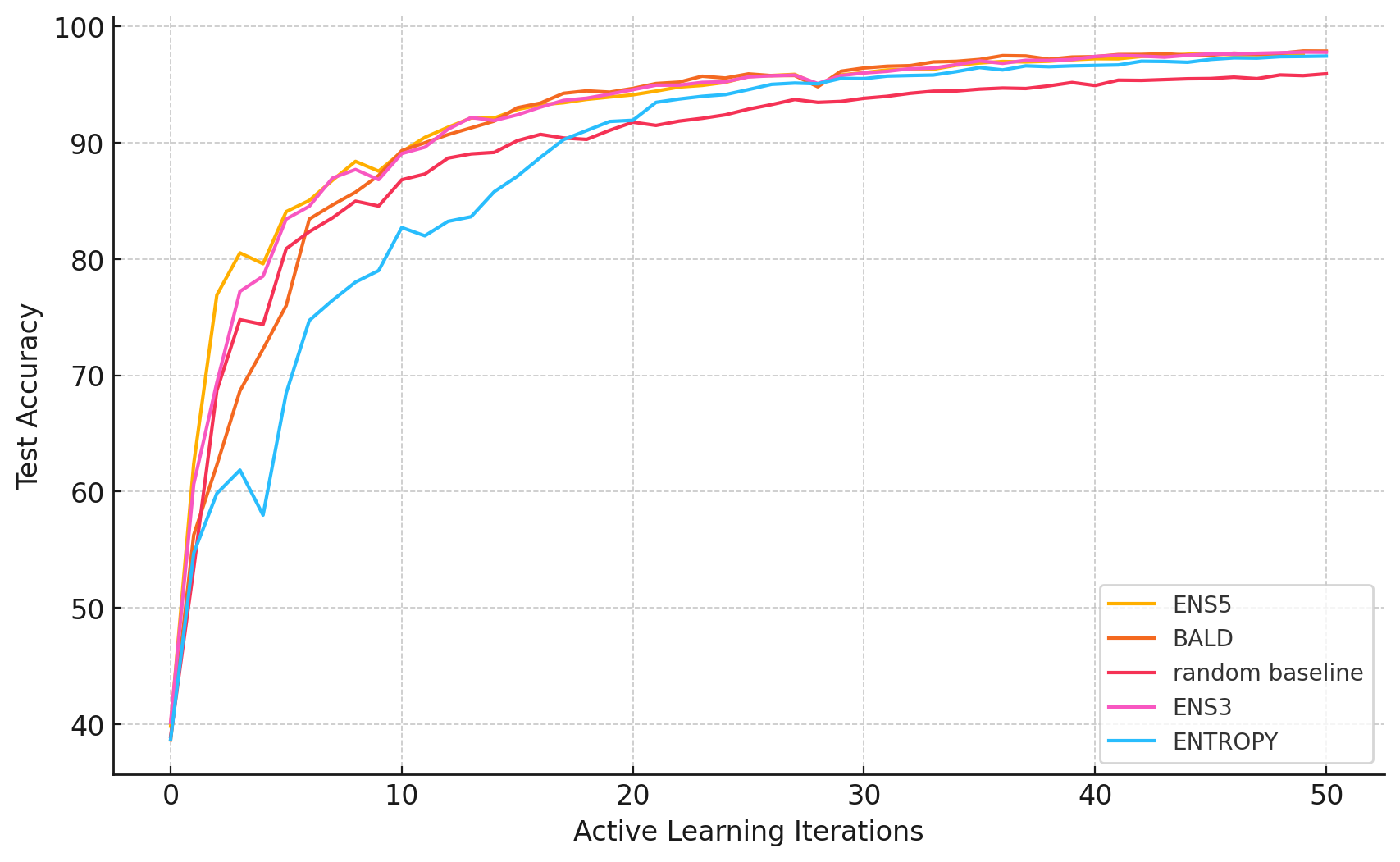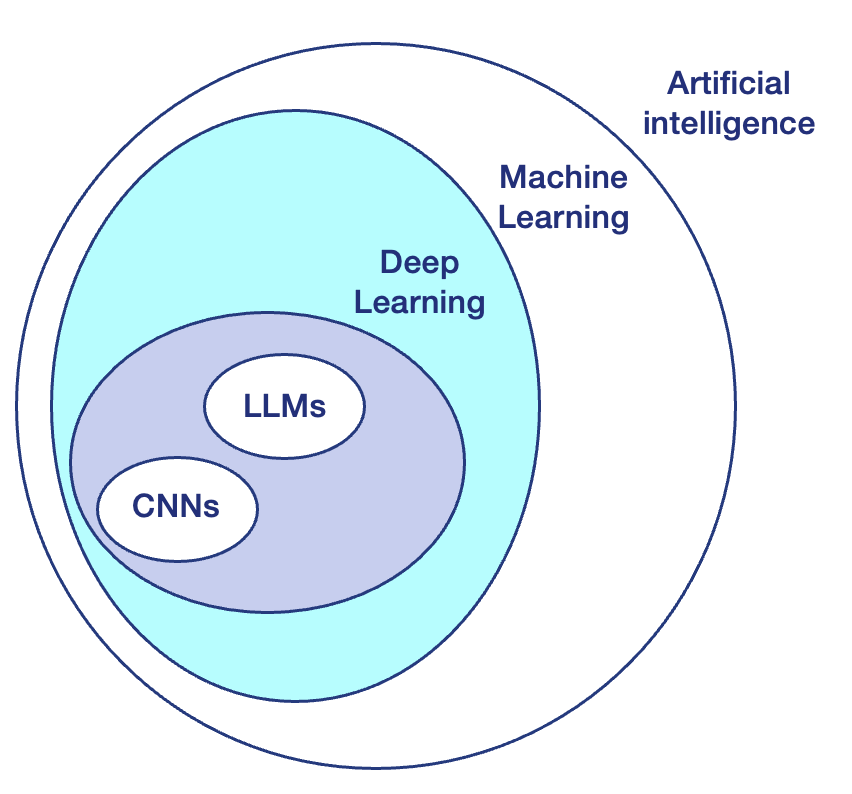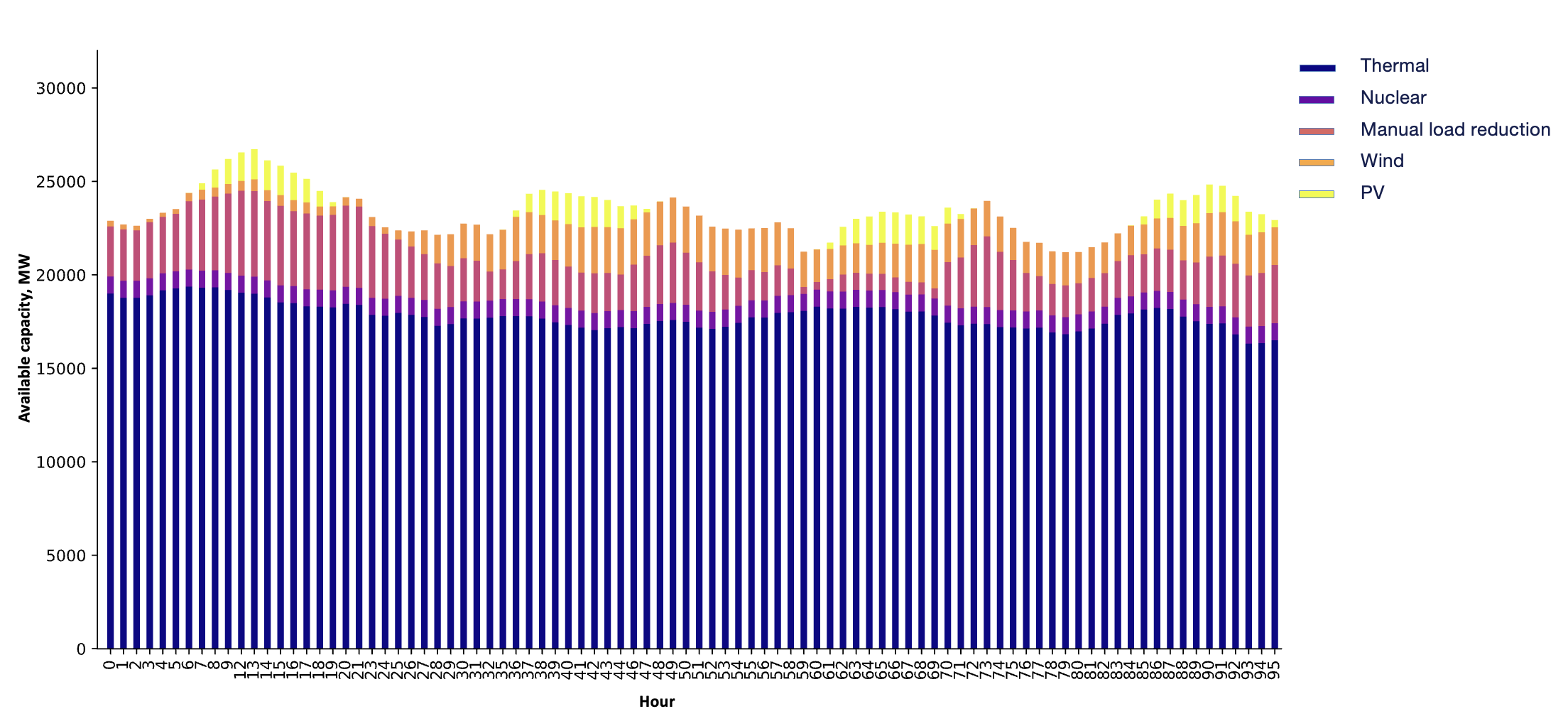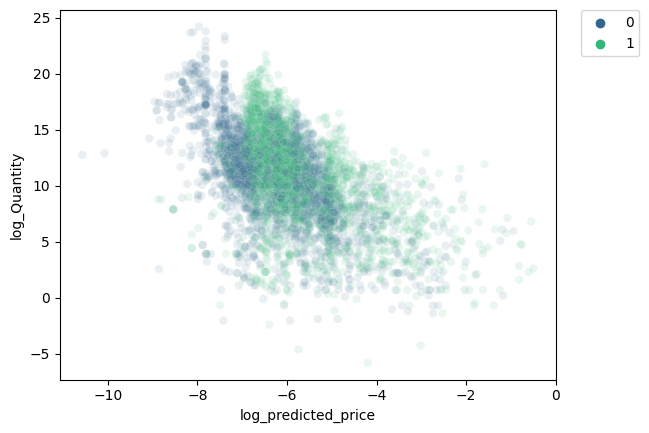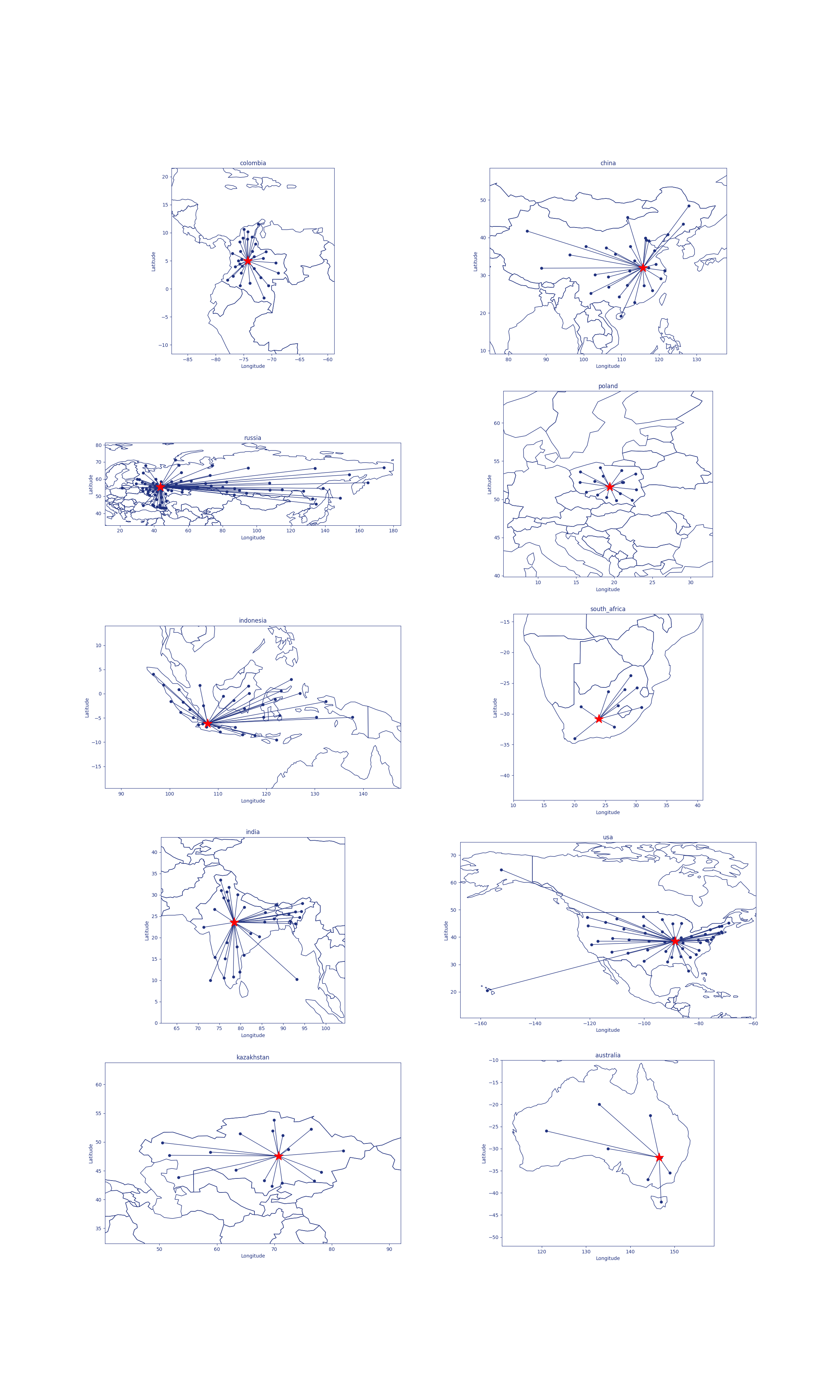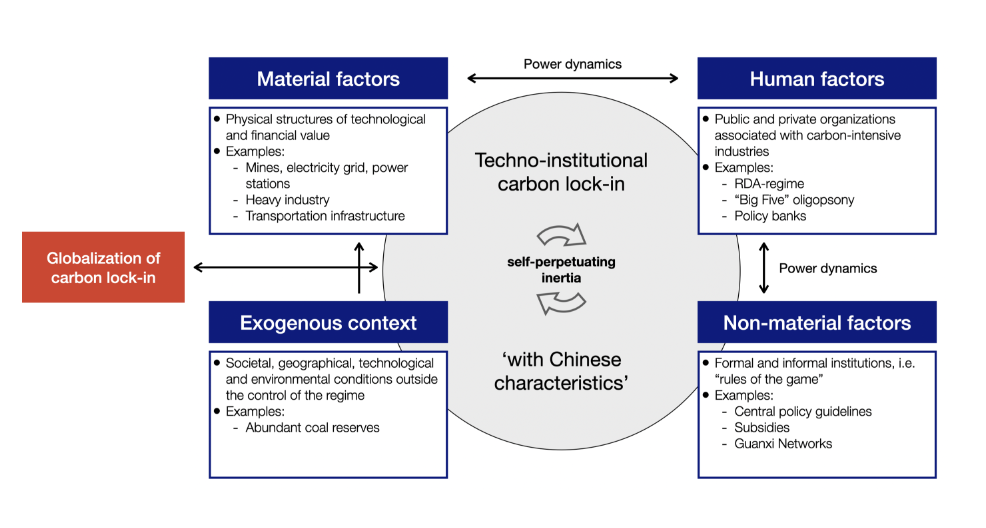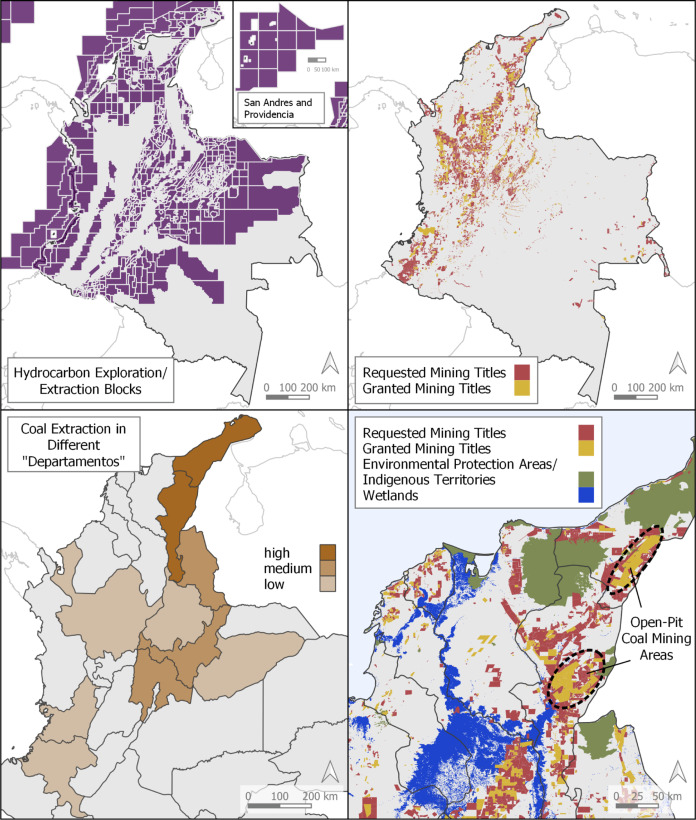Access to clean, affordable, and reliable energy is crucial for climate action and achieving the Sustainable Development Goals (SDGs). However, progress remains uneven, particularly in developing countries. Official development assistance (ODA) is a key driver of the transition to clean energy in these countries, but funding needs are unclear. Here, we use machine learning to estimate country-specific ODA needs to reach clean energy goals from SDG 7 (i.e., affordable and clean energy for all). Using counterfactual predictions of SDG outcomes under different ODA volumes, we quantify the ODA needs to reach the clean energy goals of SDG 7, namely, (i) access to electricity, (ii) access to clean fuels, (iii) renewable energy consumption, and (iv) energy efficiency. We apply our machine learning framework to a global dataset covering more than 120 recipient countries and USD 65.8 billion in ODA flows.
In collaboration with Prof. Stefan Feuerriegel and Kerstin Forster (University of Munich, Munich Center for Machine Learning)
